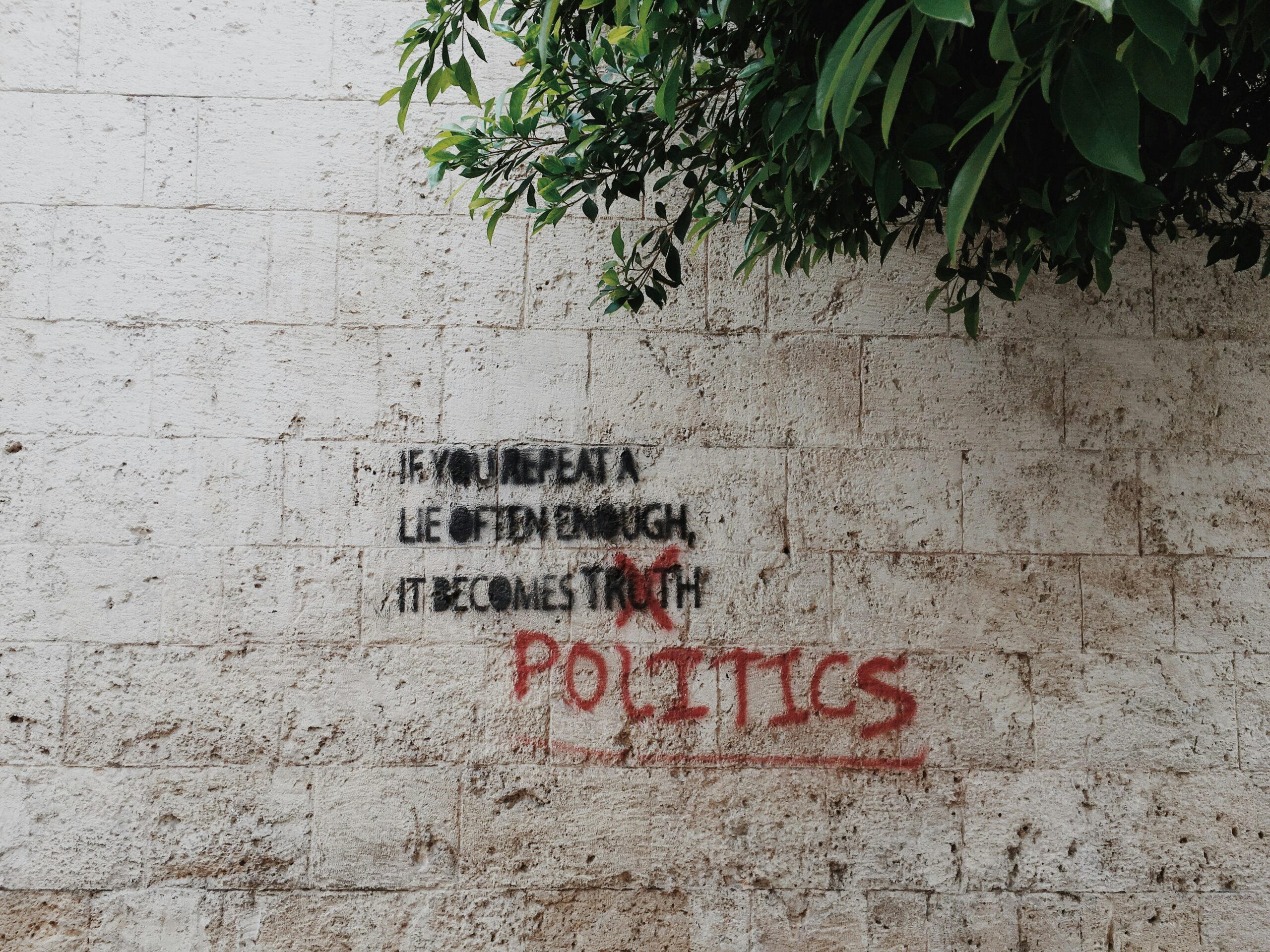
Watching the election results pour in that November night, I saw America lay its soul bare. One candidate offered a simple continuation of the status quo, the other a rally cry for white supremacy laid out in Project 2025. By voting or not voting at all, the nation decided that a return to white superiority was just what the doctor ordered.
It was hurtful, but also liberating. The show was over. Time to stop wearing the mask for their approval and go create our own way forward.
That night shaped how I knew Concrete River had to be made. Our original plan was to raise funds the traditional way: get a large company to invest and champion it like they claimed during the DEI era. But after the election, these companies showed their true colors, cancelling DEI initiatives and giving payouts to the federal government. They showed where their allegiances lay, and I knew I couldn’t go down that road anymore.
ABUNDANCE THROUGH SCARCITY
This moment has created a fascinating split in the industry. Some have capitulated, cancelling DEI initiatives for “universal audiences,” thinking increased wealth would follow. Instead, we’ve watched their money, power, and reputation fade as they grovel to a would-be tyrant’s approval.
Look at the evidence: Companies like Paramount and ABC have paid massive settlements because they dared to criticize the President – a signal of how their companies might fare in the future. I mean, do you willingly have Paramount+? Target cancelled its DEI initiatives, its stock tanked, and its CEO is stepping down. If you’ve been in a Target lately, you can see how empty it is.
Meanwhile, companies like Warner Bros (even though David Zaslav sucks) are allowing films like Sinners and Superman to achieve large success. The money doesn’t lie: if you don’t go “woke”, you definitely go broke.
But I’m not operating at that level. I’m a mid-career filmmaker in the middle of the totem pole, and I see something different emerging.
The problem with how companies tried to champion diversity is that they saw it as a niche outside the mainstream. Instead of the fundamental element of the human experience. They did not want to pursue truth, just numbers. Our society is structured both in function and philosophy that one person’s gain is someone else’s loss. Even though there is enough for everyone, if we decide that we don’t need to climb to the top of a pyramid.
Film is a unique art form that blends unique experiences to create story. What we’re doing on Concrete River is showcasing fundamental human experiences in a package you don’t always get to see. There aren’t a lot of films about Black men experiencing homelessness. The ones there are showcase it as either an obstacle to be overcome or someone in extreme need of mental health services. We’re trying to show how this character wants everything we do – family, community, and the opportunity for a good life. But also to remind the audience that the people you walk by are the same as you, and a twist of fate could plant you in their same situation.
I think about my own film Control, about my relationship with my father. I cast great actors, but I debated whether to make the character mixed or not. I approached it not from authenticity but trying to guess what the audience would want to see. I told myself they would see a Black kid and an older white man and wonder, “How are these two related? This can’t be real.”
I talked myself out of authenticity. Made the film timid.
The film was good, but not impactful. Because it was crafted to appease rather than to say something. I censored myself in Control. I thought of what outcome I wanted – a successful festival run and to be “discovered” by someone who would give me “permission” to create more. Instead of thinking of what I wanted to say. It was the intent of “please like me” instead of “I have something I want to share with you.”
THE SPIRITUAL AWAKENING
In 2016, I was sitting on my couch, pondering the election results of a history that would repeat itself. I thought of how the country saw me, I remembered Toni Morrison’s words:
“This is the time when artists go to work… when it’s hard.”
I felt a presence next to me and heard a voice that sounded like my own. But it was stern and scathing – like a disappointed parent pointing out where you had failed.
“You have been selfish,” it said. “You have all these gifts and you’ve only used them for yourself. Now it’s time for you to speak for someone else.”
What’s terrible is that you know every word is true. I’d ignored my duty as an artist.
This personal breakthrough revealed something crucial about our industry: we’ve been conditioned to self-censor before anyone even asks us to. The problem isn’t just external gatekeepers. It’s how we’ve internalized their limitations and made them our own. The oppressor comes from us believing the myths around the industry. That filmmakers are handpicked in some secret American Idol-style contest by a shadowy cabal to be given large budgets and craft their dream films.
When most of us who succeed (whatever that means to you) simply don’t stop and don’t shut up. Many of us start later, have completely different experiences, and just decide one day that we won’t take no for an answer. We don’t care about the shiny objects; we just want to create stories. But we can oppress ourselves thinking we have to answer to someone we haven’t even met. That our lives are in the hands of someone else whose approval we need. So we make creative choices that feel safer and try to plan for everyone to give us our flowers.
But we move forward once we stop being our own oppressors.
THE FRAMEWORK FOR LIBERATION
Here’s what I want you to do: Make a list of all the outside forces keeping you from creating what you want. Then write down who you know and what skills you have. Cross off the first list, tear out the page, and throw it away. Maybe even burn it (but stay safe).
That’s you undoing the work of your oppressor.
Your way forward is in that second list. Start operating with that in mind. If you need more skills, acquire them. If you don’t know enough people, find ways to meet them – not with the mindset of what you can get.
But how you can get better.
I’m working toward a future where filmmakers band together in mini-collectives to support each other’s work. These collectives would keep in touch with each other and ask what films they have coming out. We’d share knowledge of what worked and what didn’t on each production so we can all improve. Maybe some would even join together to share resources – monetary, physical, creative – to make sure we can all create the films we want and maintain equity. Kind of like how indie music labels collaborate on records and share talent. It will be the sharing of talent to make a sustainable industry. The danger always lies in when you do have success – the desire to scale can actually hurt your company instead of help it.
The budgets might be smaller, but we’ll create a sustained body of work that stacks up and becomes noticeable. We can build something self-sustaining where we’re selective about partners, where we don’t have to dilute our message and values to keep our careers afloat.
Moving forward, I will make what I can how I can, taking a long-term view of my career. The goal is to look ten years ahead while focusing on today. I’m building for the future, not the next opportunity. Because opportunities keep coming as long as I keep moving forward.
We are all in this together for the long term.
I am making Concrete River today, devoting every ounce of creativity I have toward it. But keeping in mind that this is just one skip of the stone into the blue ocean that is my growing voice.
These thoughts have been living in the space between cultures. I hope they find resonance in yours.
